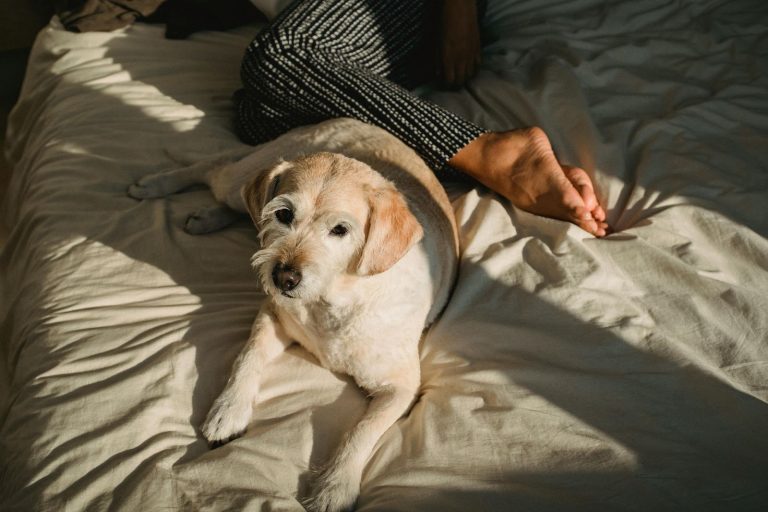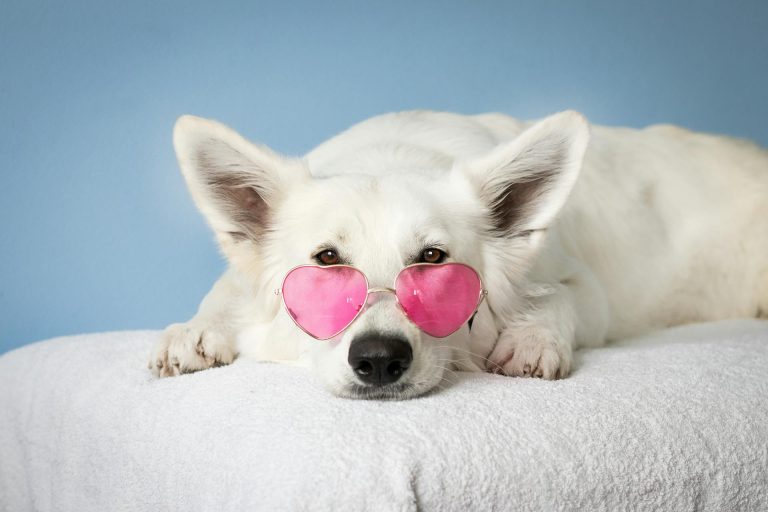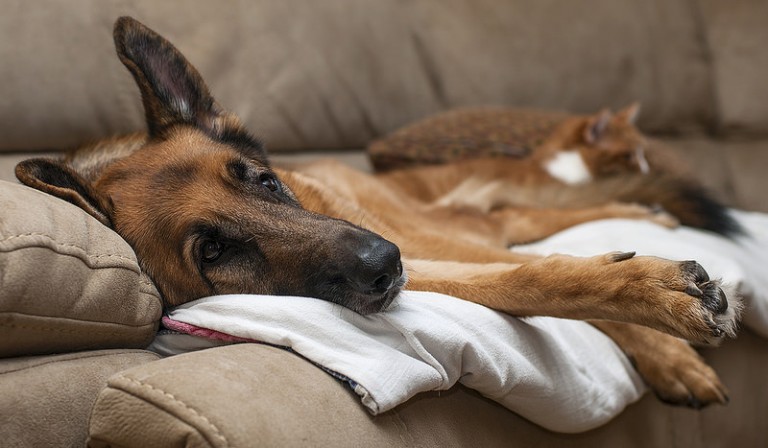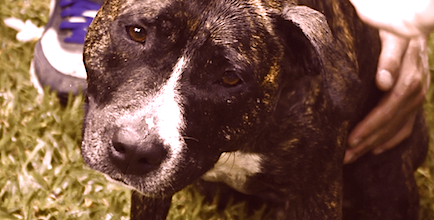Can Dogs Eat Pasta? A Comprehensive Guide
Can dogs eat pasta? This classic dish comes with some precautions for dogs; read on to learn more.
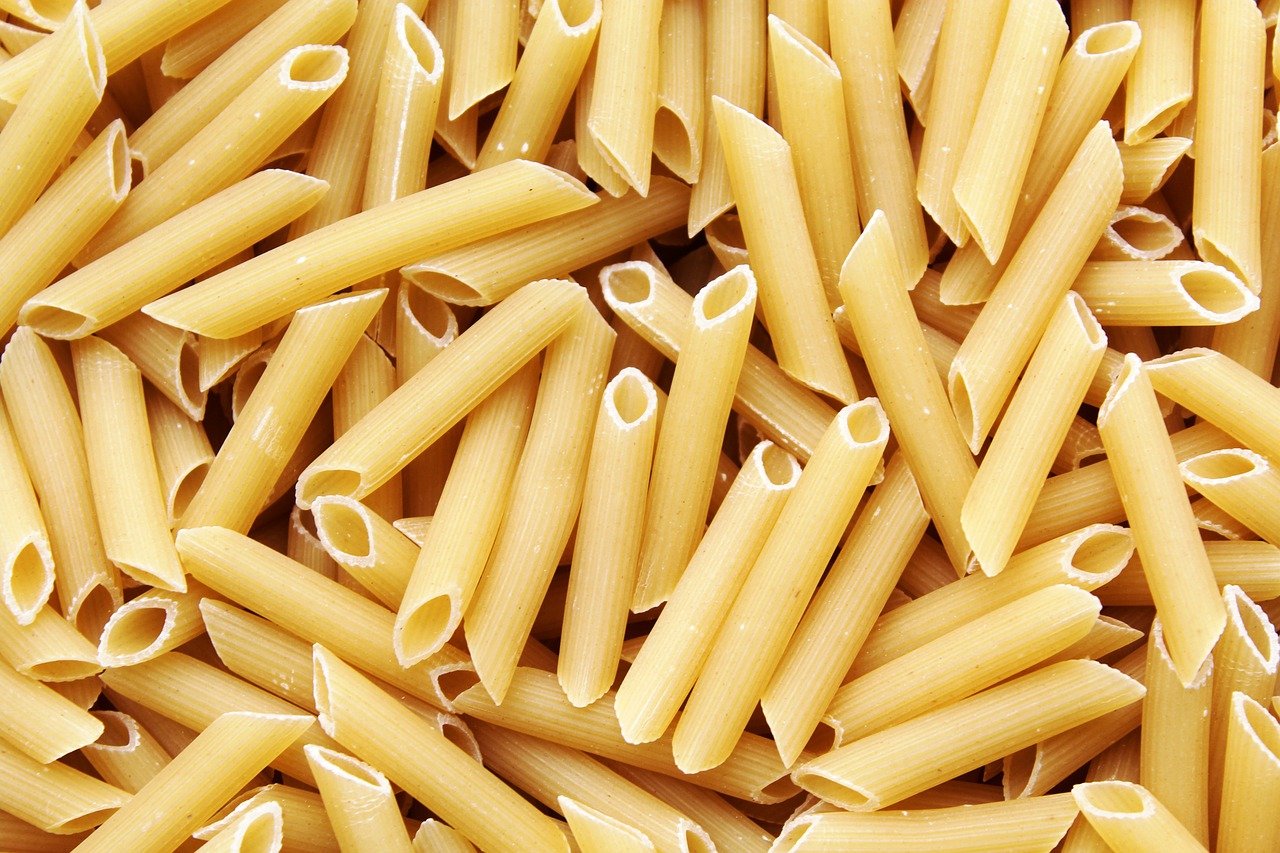
- Yes, dogs can eat plain, cooked pasta in moderation, but it’s not the most nutritious option.
- Pasta is high in carbs and calories, and sauces often contain harmful ingredients like garlic and onions.
- For a healthier treat, opt for lean meats, cooked vegetables, or whole grains like brown rice.
Pasta is a staple in many households around the world. Its versatility and quick preparation make it a popular choice for family meals. However, if you own pets, you might wonder whether it’s safe to share some noodles with your furry friend. Here’s what you need to know if you find yourself asking “can dogs eat pasta?”

Don’t leave your pet’s safety to chance
Sign up for Petful recall alerts today.

Is Pasta Good for Dogs?
In moderation, plain cooked pasta is generally safe for dogs. It’s non-toxic, and most dogs will digest it without any major health issues. However, there are several factors to consider before letting your dog have a bit of pasta:
- Wheat Allergies: Some dogs are allergic to wheat and may develop skin or gastrointestinal symptoms after eating pasta. If your pooch has a known wheat allergy, it’s best to avoid feeding them pasta to avoid possible allergic reactions.
- Plain is Best: Pasta sauces often contain ingredients that are harmful to dogs, such as onions, garlic, and excessive amounts of salt. These can be toxic and potentially lead to health problems like anemia and salt poisoning. Always serve pasta plain if you decide to share it with your dog.
- Caloric Content: Pasta is high in calories, which can contribute to weight gain and obesity. Overweight dogs are at a higher risk for diseases such as diabetes, heart disease, and joint problems. If your dog is already overweight or leads a sedentary lifestyle, you might want to skip the pasta.
Nutritional Value of Pasta for Dogs
Pasta is primarily made from wheat flour, water, and sometimes eggs. It’s a carb-heavy food with a moderate amount of protein and minimal fat, which means it can offer some energy to dogs. However, plain pasta does not provide the comprehensive nutrition that dogs require. It lacks many nutrients like essential vitamins, minerals, and protein content that dogs need for a balanced diet.
How Much Pasta Can Dogs Eat?
If you choose to feed your dog pasta, it should only be a small portion of their overall diet. A few bites of plain, cooked pasta are enough for a treat. It should not replace their regular dog food, which is specially formulated to meet their nutritional needs. Always consult your veterinarian before introducing any new food into your dog’s diet to ensure it’s suitable for their health status and dietary needs.
Healthier Alternatives to Pasta
If you’re looking for healthier ways to treat or supplement your dog’s diet, consider the following options that are more nutritionally appropriate for canines:
- Cooked vegetables: There are many vegetables that are safe for dogs and can provide essential vitamins and fiber.
- Lean meats: Cooked chicken, turkey, and lean beef are excellent sources of protein for dogs.
- Whole grains: For dogs without wheat allergies, other whole grains like brown rice can be a good source of energy and fiber.
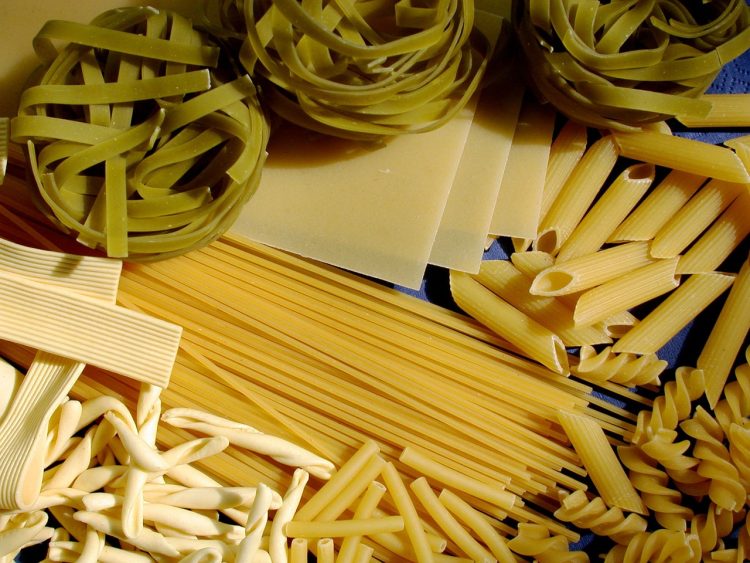
Preparation Tips
When feeding your dog pasta, it’s important to prepare it in a way that is safe and healthy for them. Here are some key preparation tips to keep in mind:
- Cook the Pasta Thoroughly: Cook pasta until it’s soft to ensure it’s easy for your dog to chew and digest. Never serve pasta to your dog raw.
- Keep it Plain: Do not add any sauces, spices, or seasonings. Ingredients commonly found in pasta dishes like onions, garlic, and heavy creams can be toxic to dogs. Plain pasta is the safest choice.
- Choose Whole Wheat: If possible, opt for whole wheat pasta instead of regular white pasta. Whole wheat contains more fiber and nutrients, which are better for your dog’s digestive system.
- Serve in Small Portions: Pasta should only be a small treat. It’s high in carbohydrates and calories, which can lead to weight gain if fed in large amounts. Treat pasta as a rare, occasional treat, not a regular meal.
- Monitor Your Dog’s Reaction: The first time you feed your dog pasta, watch for any adverse reactions such as gastrointestinal upset, itching, or lethargy. If you notice any negative symptoms, discontinue feeding pasta and consult your vet.
- Consult Your Vet: If your dog has specific health issues like diabetes or is overweight, consult your vet before introducing pasta into their diet, as it is high in carbohydrates. It’s a good idea to consult your vet anyways, especially before offering your dog new “human” foods.
Always remember that moderation is key, and the primary diet should be balanced and formulated specifically for dogs.
In conclusion, while pasta itself isn’t toxic to dogs, it’s not the most nutritious option for them. As with any human food, small amounts could be given to your dog in moderation and as an occasional treat, not as a meal replacement. Always opt for plain, cooked pasta and avoid adding any sauces or seasonings. To ensure your dog maintains a balanced diet, focus on providing high-quality commercial dog food and consult your veterinarian for advice on feeding human foods like pasta.
Frequently Asked Questions (FAQ)
Can Dogs Eat Pasta Sauce?
No, dogs should not eat pasta sauce. This is because pasta sauce recipes usually contain ingredients that are bad for dogs, and possibly even toxic ones, like garlic and onions. If you do decide to give your dog a bit of pasta, it’s best to check with a vet first and then ensure it is plain, without sauce.
Can Dogs Eat Spaghetti?
Dogs can eat plain, cooked spaghetti in moderation, but it’s not the most nutritious option for them. Plain spaghetti, without any added sauces or seasonings, is non-toxic to dogs. However, many common spaghetti sauces contain ingredients which are harmful to dogs and can cause health issues. Additionally, spaghetti is high in carbohydrates and calories, which could contribute to weight gain in pets. Therefore, while a small amount of plain spaghetti can be a harmless treat, it should not replace a dog’s regular, balanced diet. Always consult with your vet before introducing new foods to your dog’s diet.
Can Dogs Eat Pasta Raw?
Feeding raw pasta to dogs is not recommended. Raw pasta is hard and brittle, which can be difficult for dogs to chew and digest. Eating raw pasta could potentially lead to choking or cause gastrointestinal blockages, both of which are serious health risks. Additionally, raw pasta does not offer any nutritional benefits that justify including it in a dog’s diet. If you choose to give your dog pasta, it’s best to serve it cooked and plain to ensure it’s soft enough to eat safely and digest easily. Always consult with your veterinarian before introducing new foods into your dog’s diet to ensure they are safe and appropriate for your pet’s specific health needs.
Can Dogs Eat Pasta Salad?
Pasta salad is a dish that normally contains ingredients that aren’t good for dogs. Especially ingredients like garlic and onions are toxic for pups. The oils and dressing, along with the seasonings that get added to pasta salads are not good for dogs and could cause a range of health issues from an upset stomach to something much more severe. Thus, keep pasta salads away from your furry friend.
Can Dogs Eat Pasta with Cheese?
While dogs can eat small amounts of plain, cooked pasta in moderation, adding cheese to the pasta complicates things. Some dogs are lactose intolerant, and consuming cheese can lead to digestive upset, including diarrhea and vomiting. It’s safer to avoid feeding your dog pasta with cheese. Consult your veterinarian for advice tailored to your dog’s specific dietary needs and health.
Is Pasta or Rice Better for Dogs?
When choosing between pasta and rice for your dog, rice is generally the better option, particularly if it’s plain and cooked. Rice is easier for dogs to digest compared to pasta. While neither pasta nor rice offers a complete diet for dogs on their own, rice has a slightly higher nutritional value. Brown rice, in particular, provides more fiber as well as vitamins like B6 and magnesium. However, both rice and pasta should be fed in moderation. Always ensure that any rice or pasta fed to your dog is plain, without sauces or spices that could be harmful. Consulting with a veterinarian is always a good idea to address your dog’s specific health needs and dietary restrictions before offering them new foods.
Recipe
Here’s a simple and safe pasta recipe for dogs that you can easily prepare at home. It focuses on using dog-friendly ingredients to create a nutritious and tasty treat:
Dog-Friendly Pasta Dinner
Ingredients:
- 1 cup of whole wheat pasta (or any dog-safe, gluten-free pasta if your dog is sensitive to wheat)
- 1/2 cup of lean ground turkey or chicken (cooked thoroughly)
- 1/4 cup of carrots, finely chopped
- 1/4 cup of peas
- 1 tablespoon of plain, unsalted pumpkin puree (not pie filling)
Instructions:
- Boil the pasta in unsalted water until it is soft. Drain and set aside to cool.
- In a non-stick skillet, cook the ground turkey or chicken until it is no longer pink, making sure to break it into small pieces as it cooks. Ensure it’s thoroughly cooked to avoid any risk of salmonella or other bacterial infections.
- Steam the carrots and peas until they are soft. You can also boil them if you don’t have a steamer.
- In a large bowl, combine the cooked pasta, ground meat, steamed carrots, peas, and pumpkin puree. Stir well to distribute the pumpkin puree evenly.
- Allow the mixture to cool to room temperature before serving a small amount of it to your dog. Only serve your dog a very small amount because too much pasta is not good for your dog.
This recipe is a great way to treat your dog with something special without using ingredients that could harm them. Always consult with your veterinarian before introducing new foods into your dog’s diet, especially if your dog has specific health conditions or dietary restrictions.
Curious about what other foods dogs can eat? Check out these related articles below:

